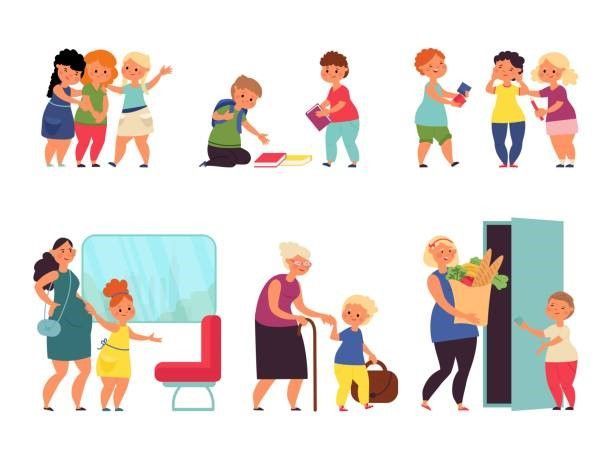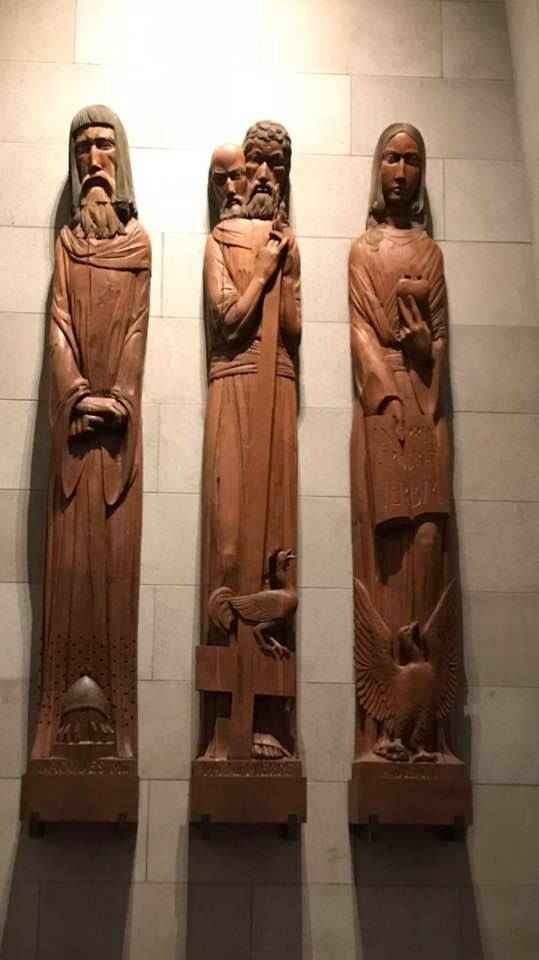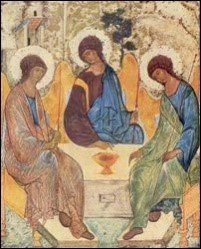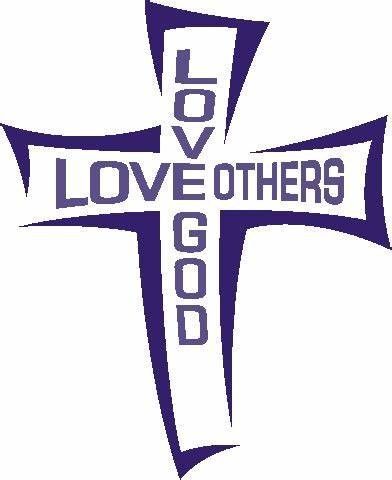Neighbor--Communicating Love

Joke: How much does it cost to marry? A son asked his dad. Sorry, I don’t know son! “You're married, and you don’t know how much it cost Dad?” the son replied. Dad said, “How can I know how much it costs because every my paid-check, your mom keeps it.”
Out of the many laws of Moses that the Lord Jesus condensed to only two laws, but in marriage life, I’ve heard it grows faster than stock, about 100 commandments between husband and wife. Today’s readings focus on communicating love rooted in mercy that we are invited to carry out into action.
In today’s Gospel, the scholar tests Jesus, Saint Luke reports in his writing, saying, “Teacher, what must I do to inherit eternal life?” He asks Jesus this question: First of all is to test him because he knows exactly that Jesus is the son of Mary and Joseph, the carpenter; therefore, he might not even know the answer. Secondly, since he is a man like all of us, ask him how to inherit eternal life, the life of everlasting, and he might not know how to answer it. Unlike the wisdom of man, the wisdom of the Lord answers the scholar of the law by asking him, “What is written in the law? How do you read it?” The scholar answers without blinking his eyes, saying perfectly what is written in the law, “You shall love the Lord, your God, with all your heart, with all your being, with all your strength, and with all your mind, and your neighbor as yourself.” Jesus is so impressed and says, “You have answered correctly; do this and you will live.” Remember, the scholar comes to test Jesus; therefore, he asks him, “Who is my neighbor?” Sometimes in our lives, we just want to hear what we want to hear and forget whatever others say. This is the case with this scholar. He only wants to hear “What is written in the law,” but he is not able to hear the following question that Jesus presents to him at the same time, “How do you read it?” The Word of the Bible, as some claimed that they can read and understand and don’t need to go to Church, is it so? The Word of the Bible does not only contain the letters in it, but it also contains an active act of response to these letters of the Bible. It is not only about what is written in the Bible, but how we read it. It is not only about what is written in the Bible, but how we live it.
To answer this question, beginning with the word “How” is a practical question that requires an active act of response. An active act of response to the question of “Who is my neighbor?” Jesus gives a simple answer with one simple word after a long description, saying, “Mercy.” One cannot only follow exactly the letters of the Scripture, but the spirit of the Scripture, and that spirit of the Scripture is nothing else but mercy. Notice the quality of the people who passed by the man lying half-dead on the roadside without mercy. They were very religious people who were so engaged in their religious practices that they didn’t even have time to stop and help the man who was in need. Not only that, their kind of help was so conditioned and limited that it certainly was not open to just anybody. Jesus posts this question to all of us: “How do we read the Scripture?” In other words, how do we practice what we read in the Scripture?
In today’s first reading, taken from the book of Deuteronomy, Moses explains to the Israelites that the law of the Lord is not in the sky or the sea, but “it is something very near to you, already in your mouths and your hearts; you have only to carry it out.” It is instilled in our nature from the very moment that God created us, male and female. He said in the first creation account, “God looked at everything he had made, and he found it very good. Evening came, and morning followed—the sixth day.” None of us is brought into existence to harm others, to do injustice to others, to bring sorrow and sadness to others, etc., but we are called to bring peace, happiness, and joy to others, which are contained in what the Lord said, “very good” in all his creations. The question is, how do we carry it out if it’s not with mercy, just as the Lord Jesus himself died on the cross for us as a model?
In today’s second reading, taken from the letter of Saint Paul to Colossians, God is not far in the sky or across the sea, but he is near to us in and through Jesus Christ, Saint Paul said, “He is the image of the invisible God, the firstborn of all creation.” For in him and through him, we have our being as Saint John, from the beginning of the very first chapter of his writing, saying, “In the beginning was the Word, and the Word was with God, and the Word was God. He was in the beginning with God. All things came to be through him, and without him nothing came to be.” The Lord Jesus comes not as a judge, but as a sacrificial lamb who sacrificed himself for the sake of our salvation and to lead us to the Father. Through his living examples in the visible realm, and his communication of love with mercy, he invites us to follow the example of the Samaritan who is considered a neighbor of the man beaten and left half-dead on the road, to live out our Christian life not only in words but in actions with mercy as well.
In all today’s readings, take some time to examine ourselves to see who our neighbor is. What qualifications that one have to be considered as our neighbor? Our religious practices, such as attending Mass on Sunday and Holy Days of Obligation, reading the Bible, saying the Rosary, and other prayers, are all good, but how do we treat one another when we profess ourselves as the followers of Jesus? Do we treat others with mercy, or do we treat them for our gain and benefit? What is it the Lord speaks to us in today’s readings, and how do we carry it out into actions? The decision is always yours.









